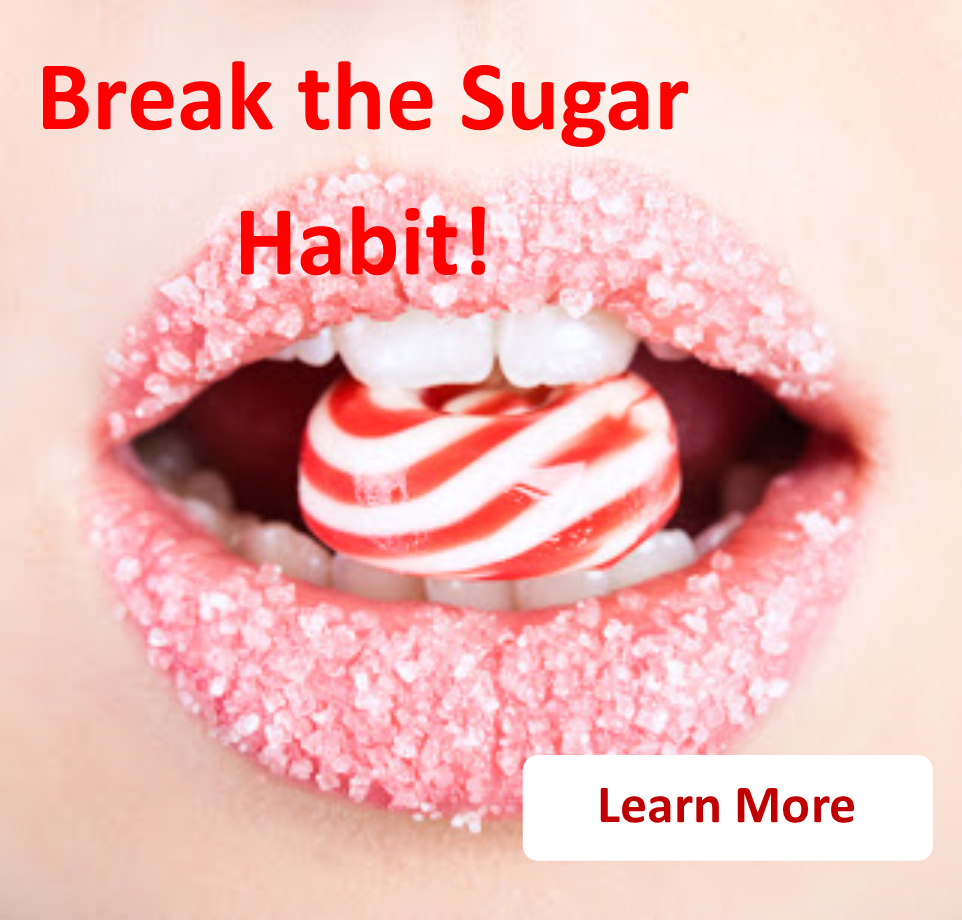This question comes across my desk quite often: which is better, a low-carb or a high-carb diet?

Because I am so squarely against sugar and foods that act like sugar people assume that I’m automatically in the low-carb diet group. And you would almost be right.
Of the two, I would have to say that the high-carb believers have it the most wrong. Humans are not meant to eat grains or sugar in any large amount (if at all). Yes, it is carbohydrates (sugars and foods that act like sugar) that add to your waistline, but that doesn’t meanthe rest of your diet should be only fat and protein.
What the Low-Carb Lovers Get Right
The low-carb crowd understands that eating carbohydrates adds to our weight. There is no doubt about the connection between eating sugars and foods that act like sugar and the fact that as we eat these simple sugars they get added to our waistlines in the form of fat.
The reasons why the body stores excess sugar are many:
- The first has to do with our basic energy needs. Your body runs on glucose and is the major energy source for all of the cells in your body. Your liver makes the decision of what to do with the energy in your body. But when you are eating sugars and foods that act like sugar all the time your liver has no need to use fat as an energy source because it has all of its energy needs already met. It also means that your body will not convert other sugars (such as fructose) into energy because it is easier to store fructose as fat than it is to convert it into glucose.
- The second has to do with the elevation of insulin (the hormone that controls blood sugar) every time you eat something sugary. Insulin and produces another molecule called glycerol-3-phospate (G3P) and it is G3P that allows fats to go from the blood stream into the fat storage cells. Every time your blood sugar rises, you are creating the conditions for fat storage.
What the Low-Carbers got wrong
When we talk about fat storage, high sugar is not the only thing that will raise insulin, protein also increases insulin.[i] There are also other ways to store fat, another molecule called Acylation Stimulating Protein (ASP) will do the same thing as glycerol-3-phospate and it is not dependent on insulin.[ii]
But probably the worst part of the low-carb groups insistence on high protein and high fat meals is that they miss the very foods we should be eating a lot of: vegetables. The research behind the quality of nutrition in vegetables cannot be questioned (see my post on Vegetables and Fruits), they are essential for building good, healthy bodies.
If you are on a low-carb diet, try at least eating low-carb vegetables. Don’t miss out on the life-sustaining nutrients of these foods just because you want to lose weight. You don’t want to lose weight and give yourself other problems. Here is a list of the lowest carb veggies:
- Asparagus
- Bean sprouts
- Beet greens
- Broccoli
- Cabbage
- Cauliflower
- Celery
- Cucumber
- Endive lettuce
- Mustard greens
- Radishes
- Spinach
- Swiss chard
- Watercress.
[i] Peters AL, Davidson MB. Protein and fat effects on glucose responses and insulin requirements in subjects with insulin-dependent diabetes mellitus. Am J Clin Nutr. 1993 Oct;58(4):555-60.
[ii] Redinger RN. The physiology of adiposity. J Ky Med Assoc. 2008 Feb;106(2):53-62.












